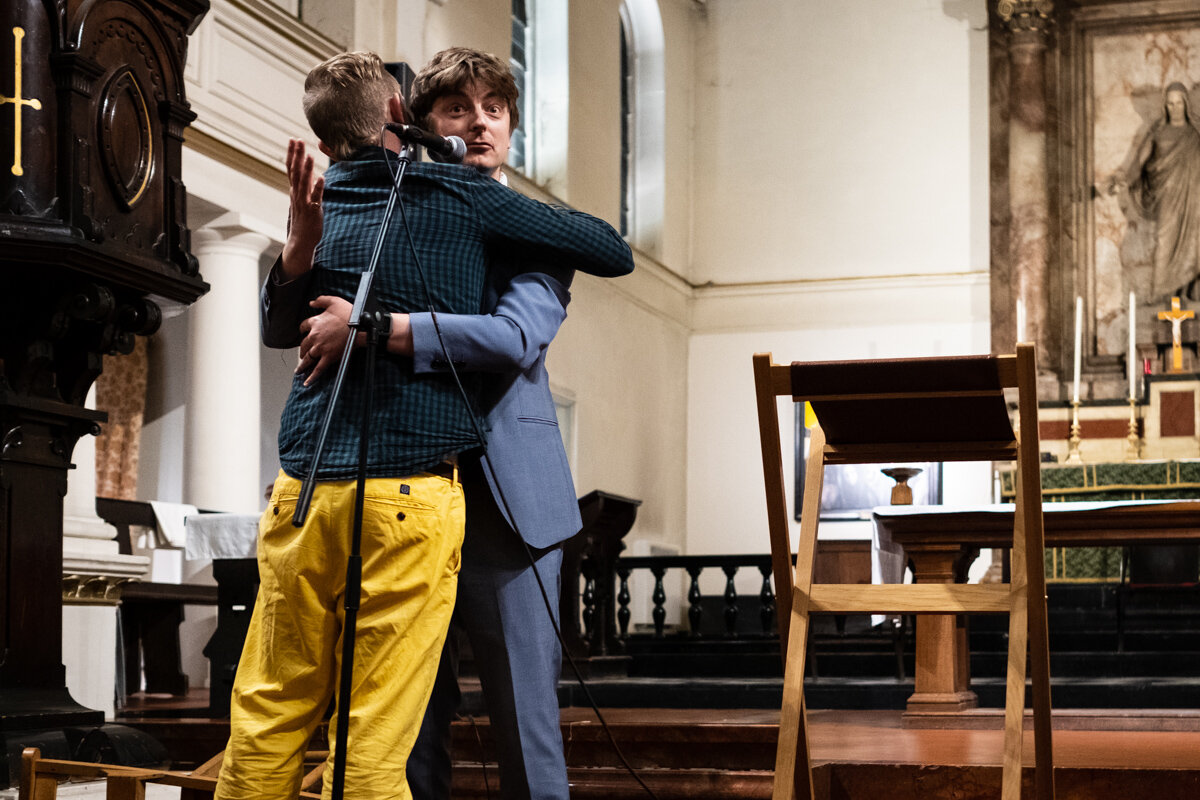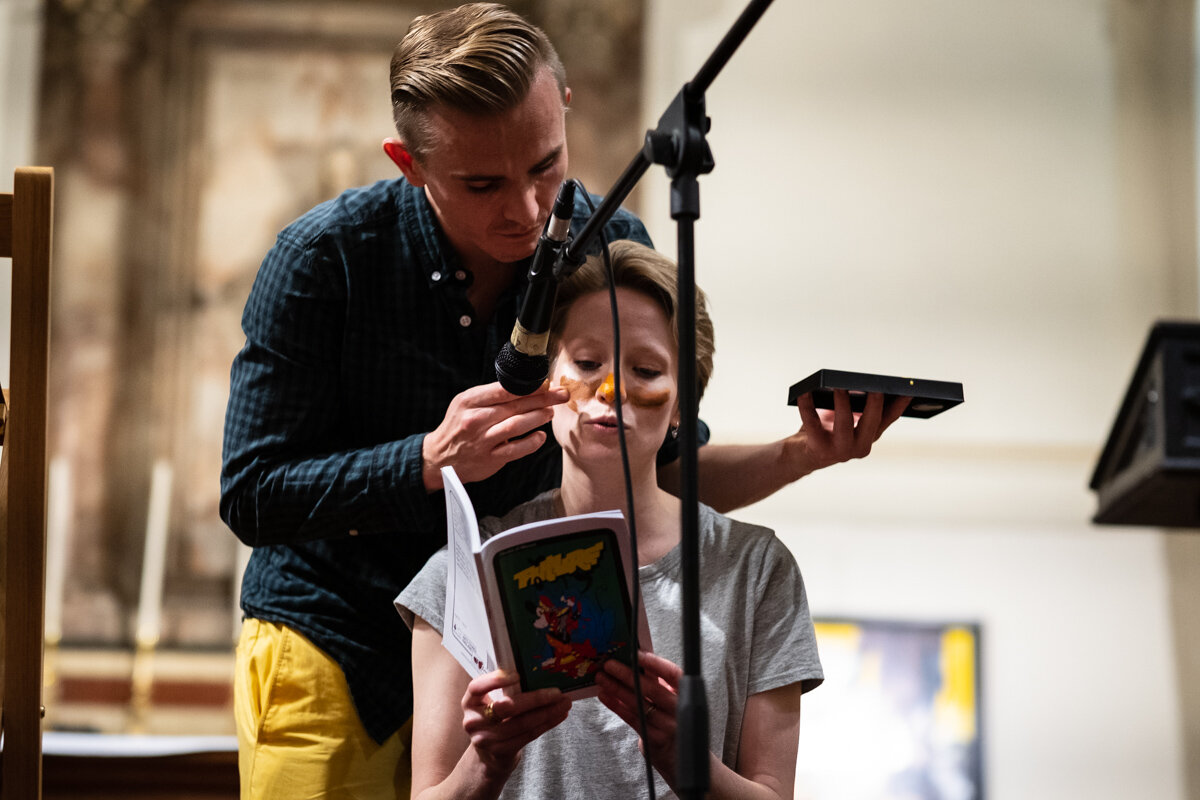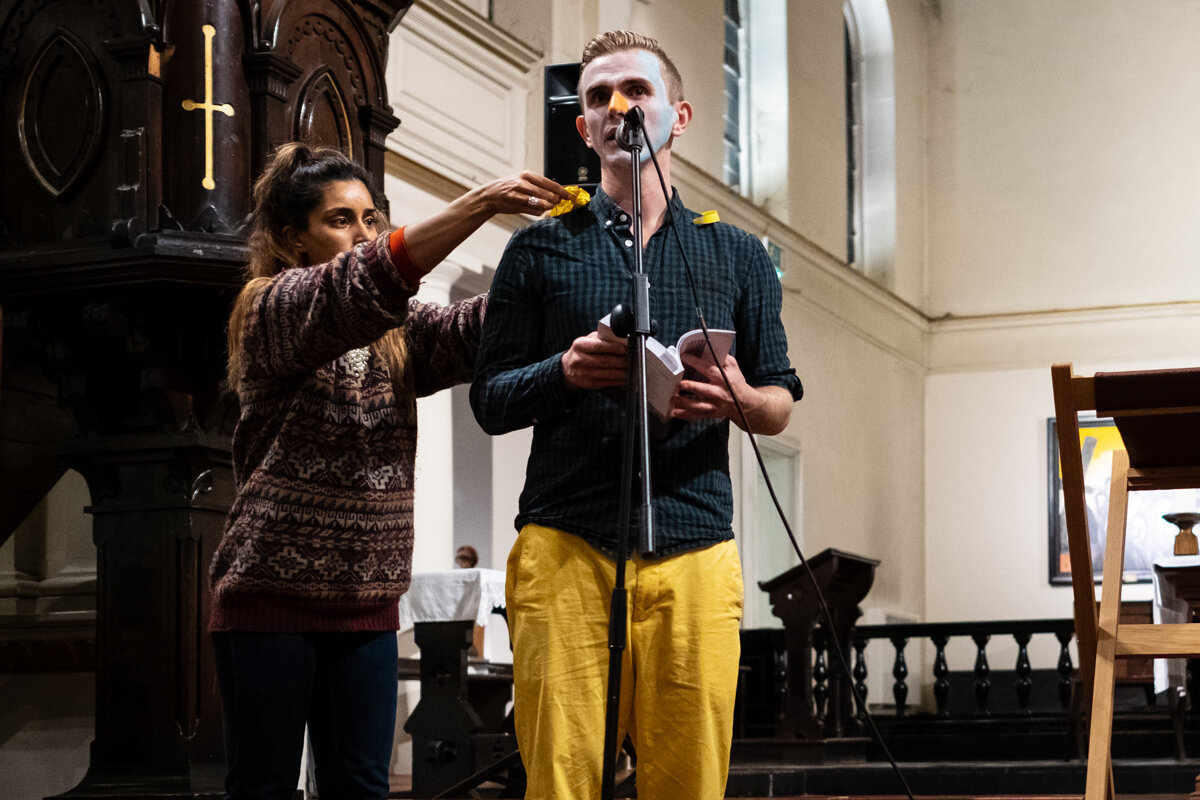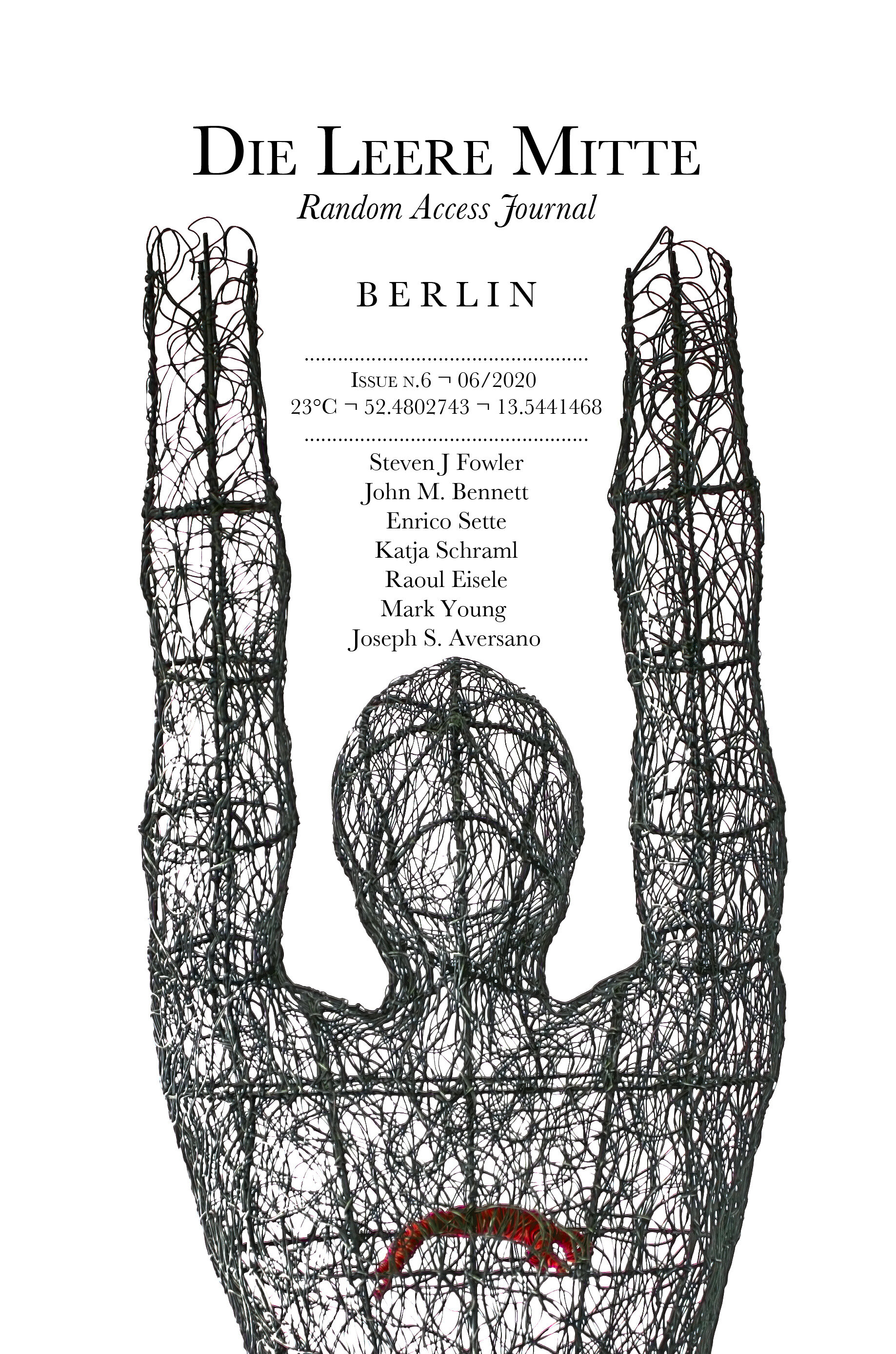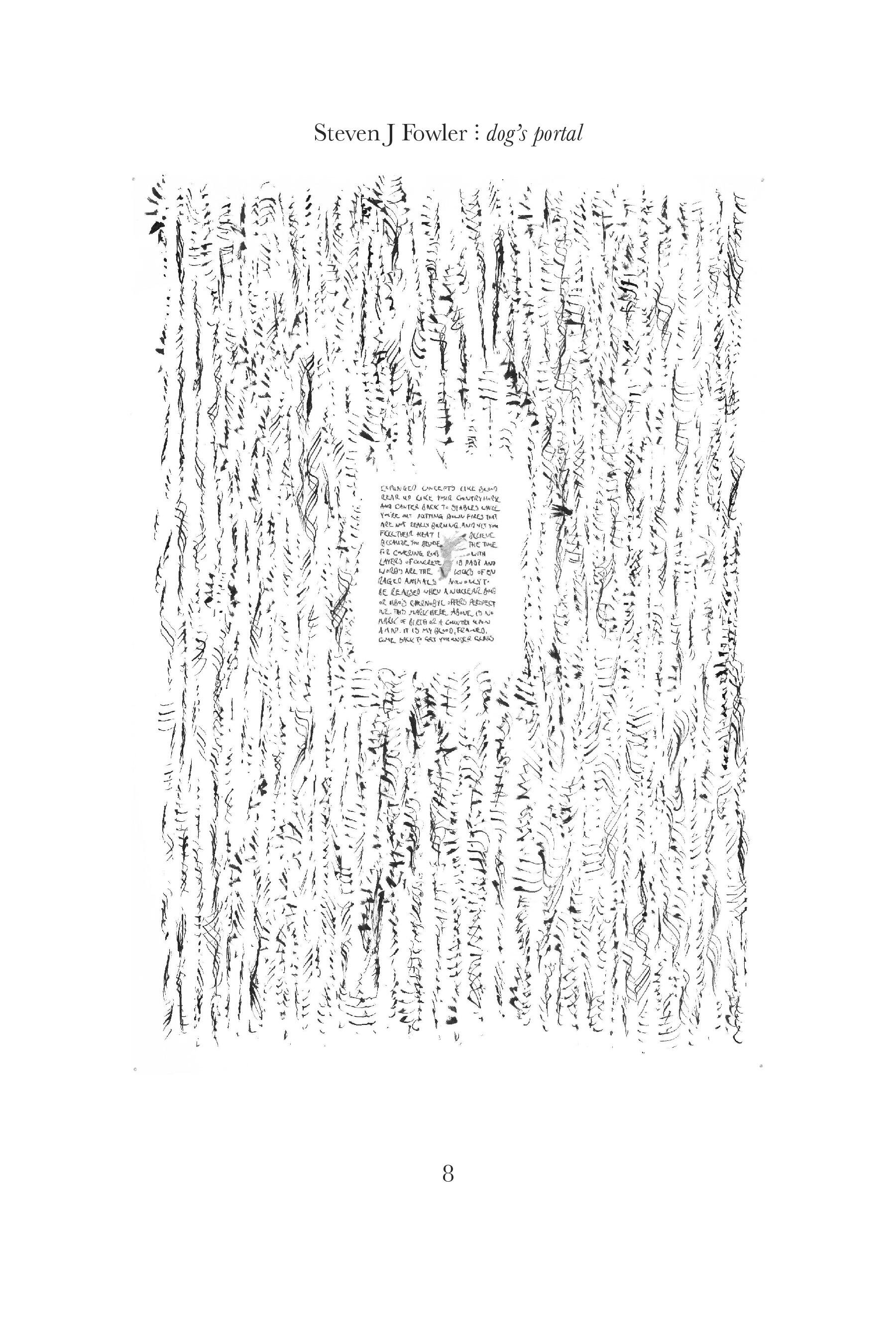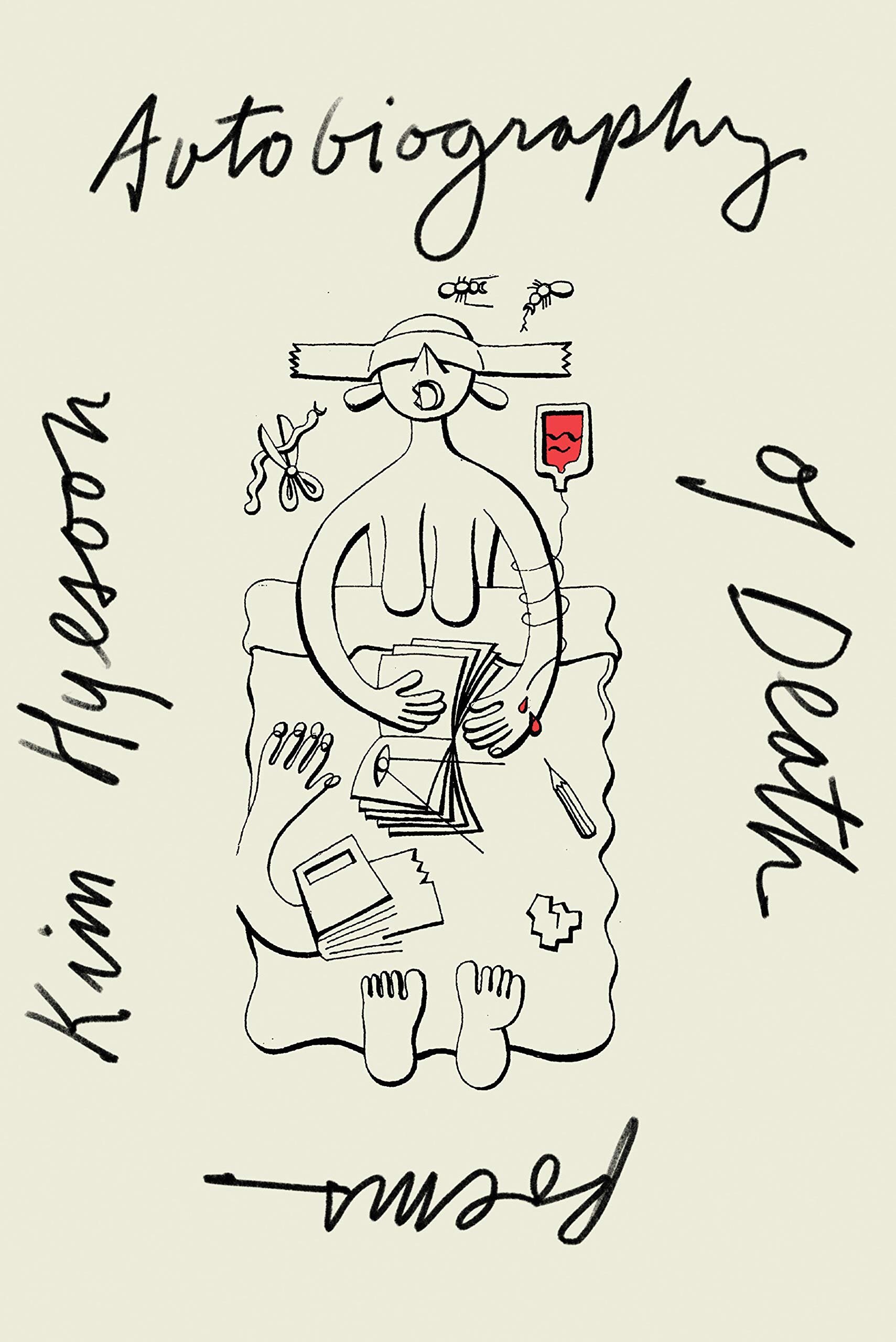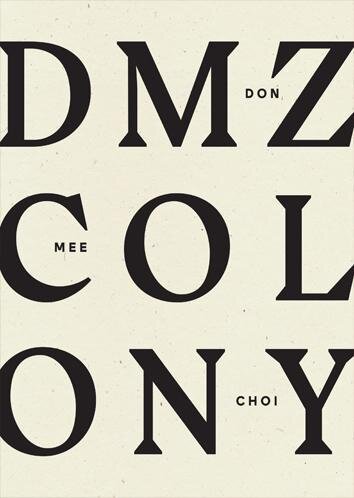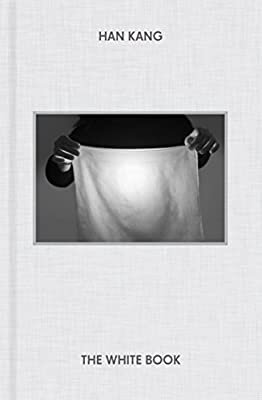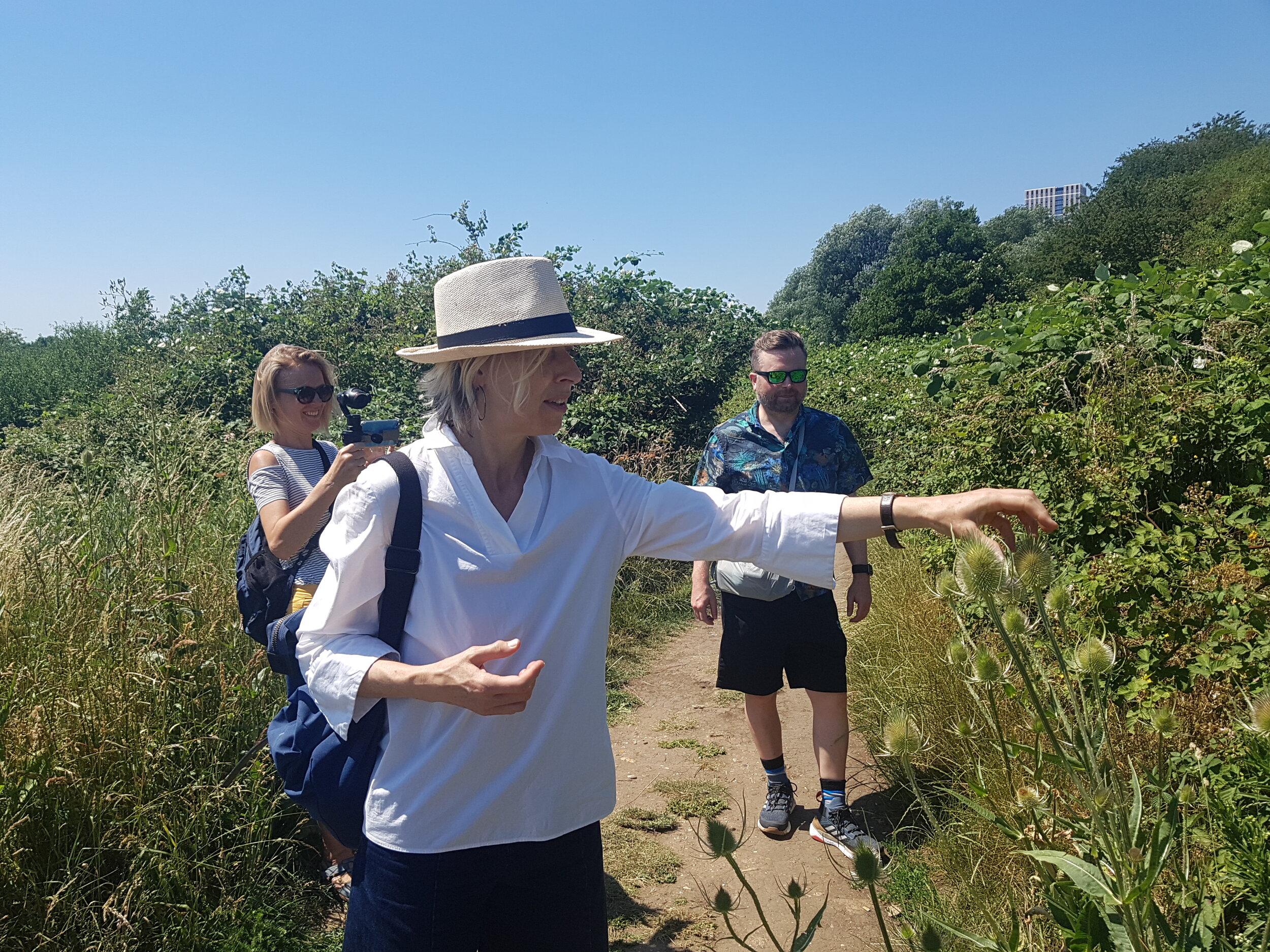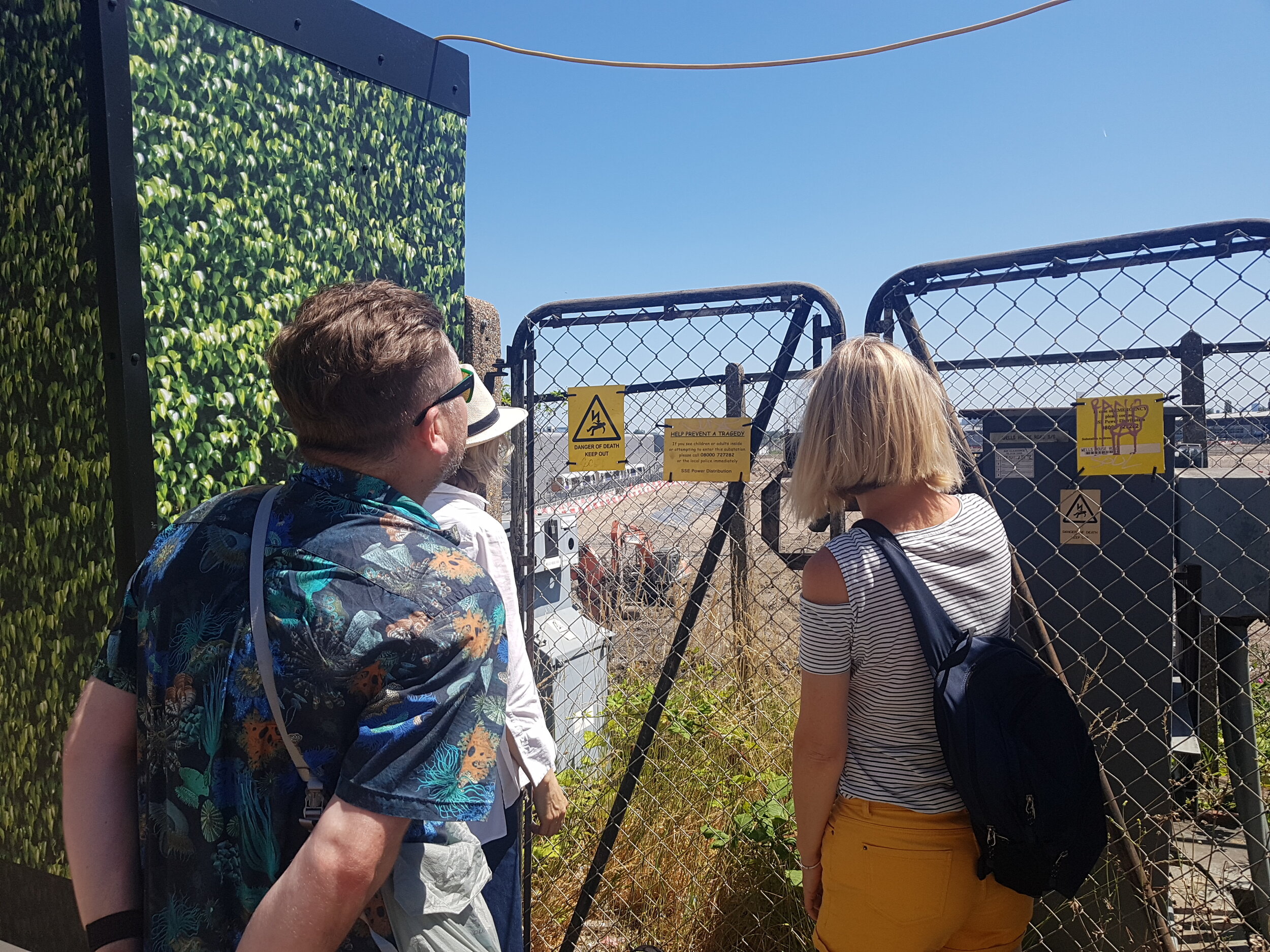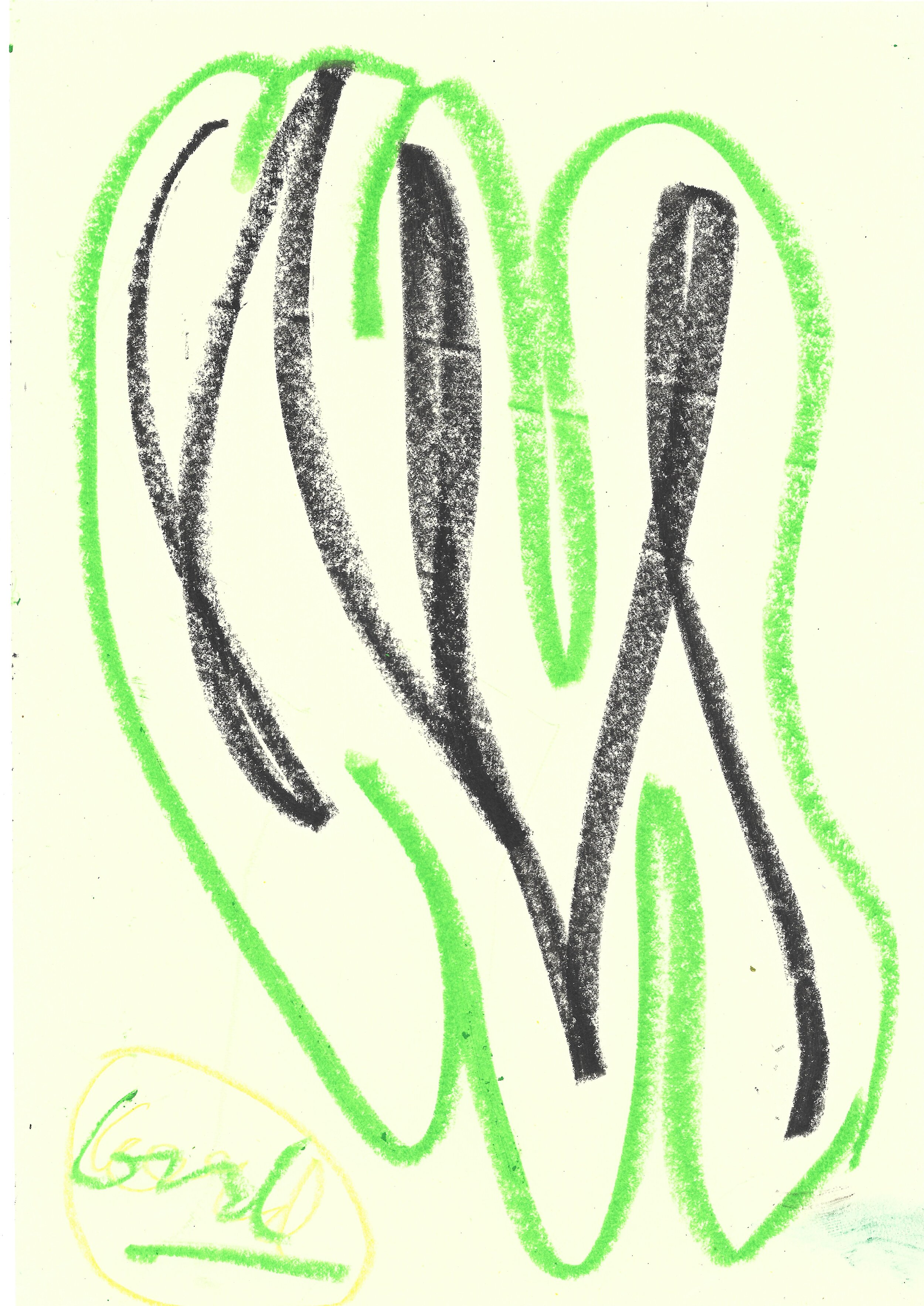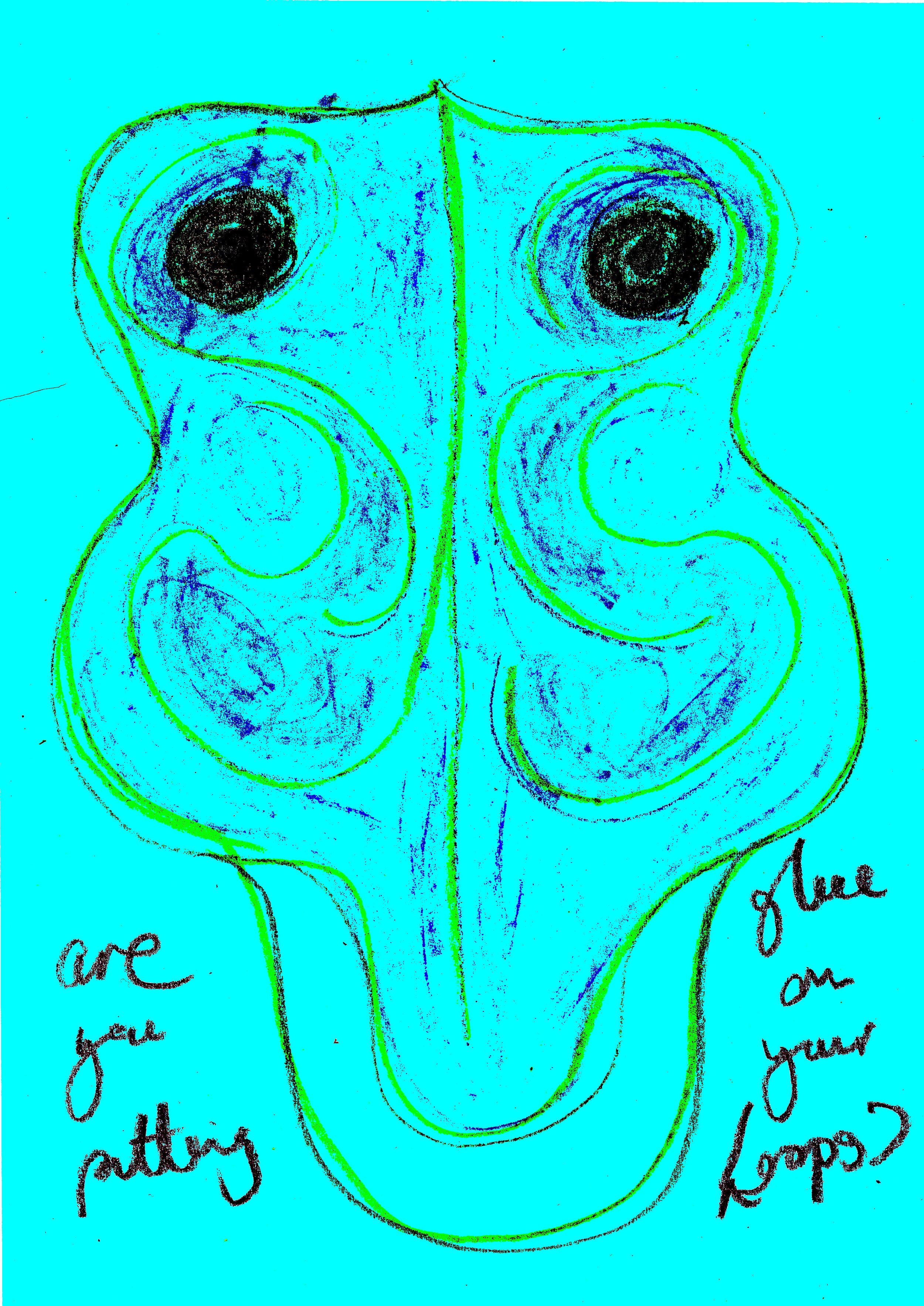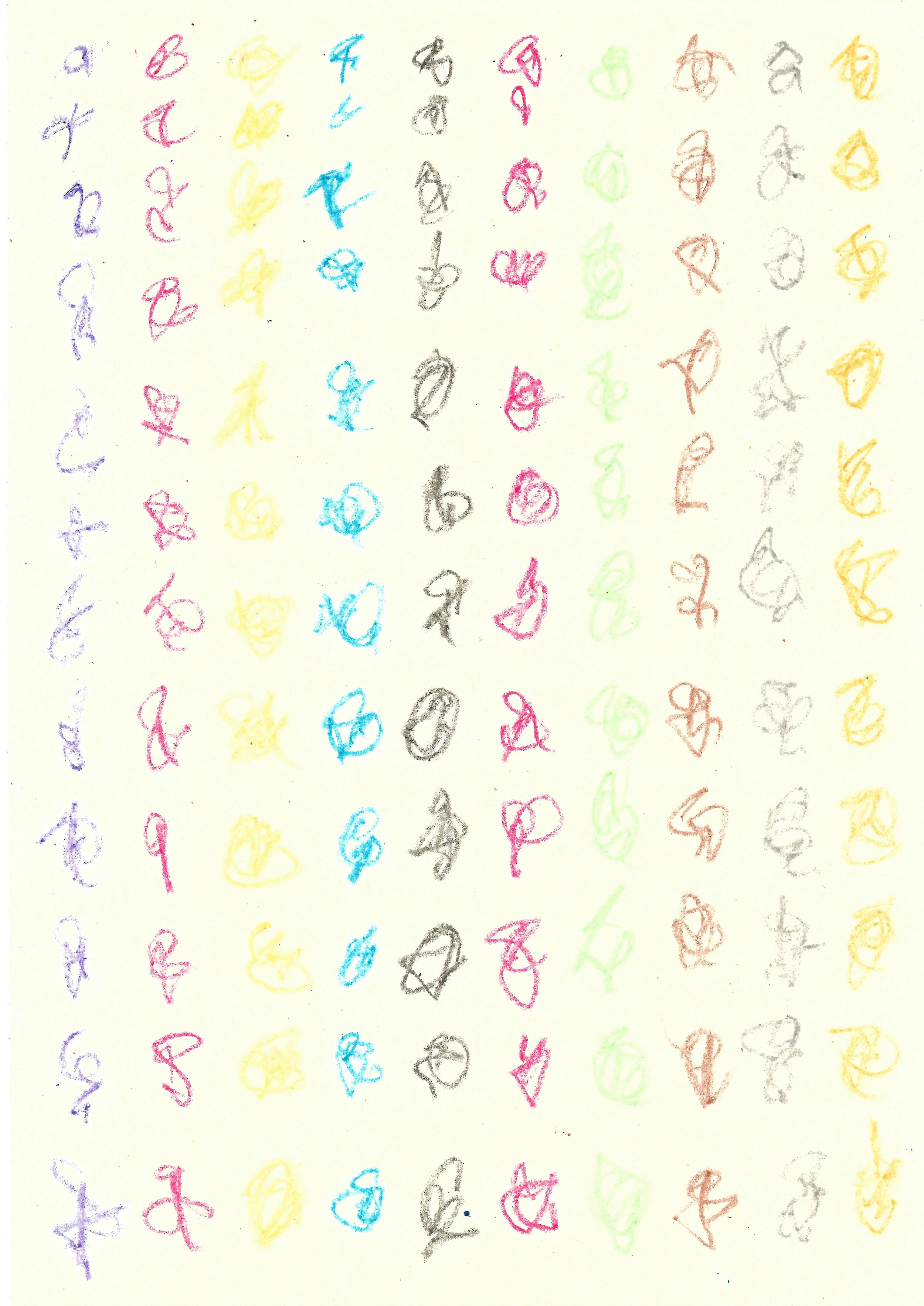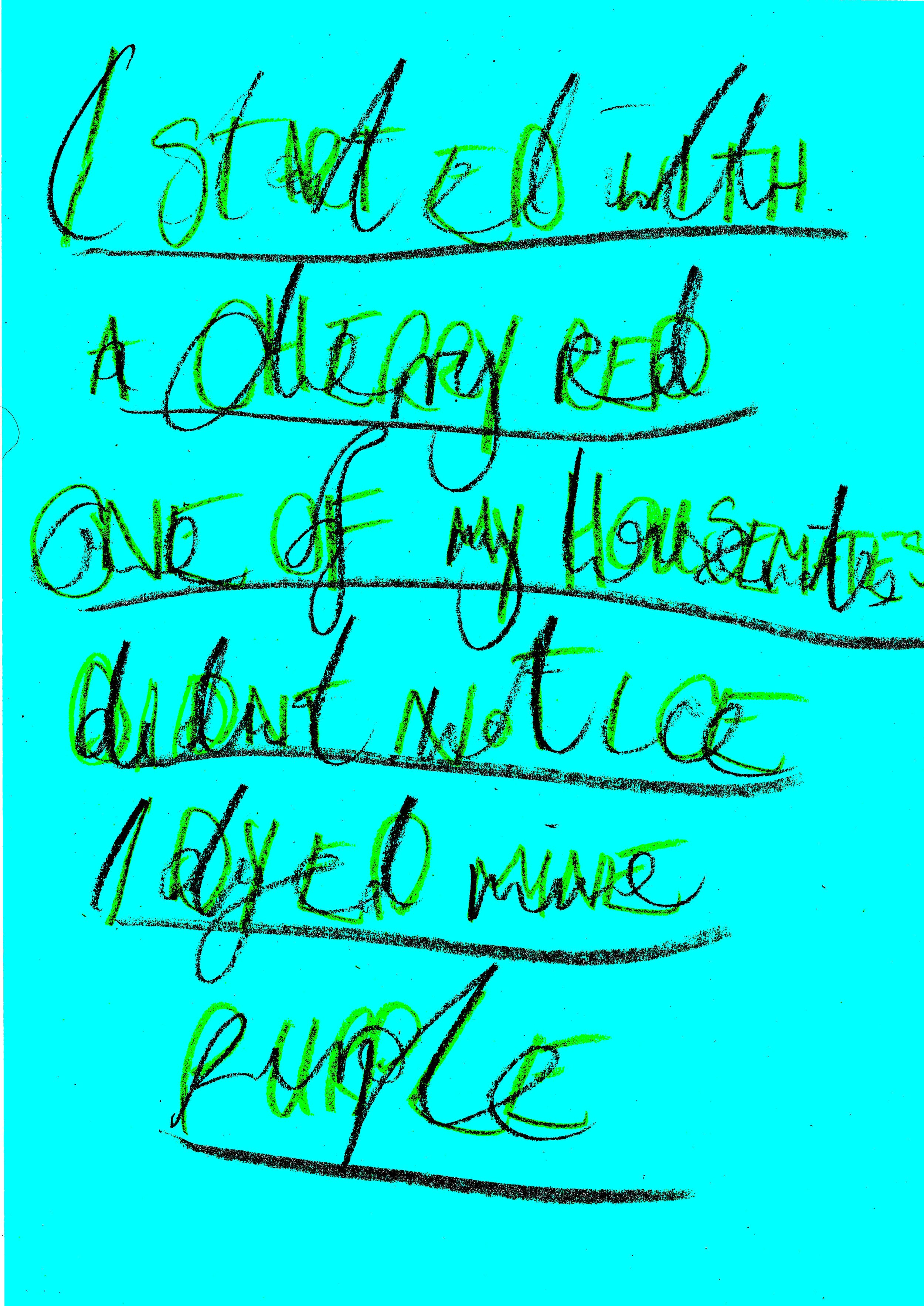I have no love for tweeter, as mentioned on this podcast recently https://www.buzzsprout.com/834940/4443374, but, arguably, needs must. In the time of lockdown then launches of a sort must be digital. Anthony Etherin of penteract suggested we do a tweeter live to launch my CRAYON POEMS and I was willing. A lot of the questions and answers are here www.stevenjfowler.com/crayons but a few choice morsels…
Published : Penteract Podcast with Anthony Etherin, on Crayon Poems
To celebrate the launch of my new book CRAYON POEMS with PENTERACT PRESS, editor of the press Anthony Etherin and I had our second podcast conversation. It’s a grand one I think, open and relaxed and covering some new ideas.
Join us on Twitter, at 7pm UK time, Thursday July 9th, to help launch the book: Ask questions about the book, about topics raised in this podcast, and about poetry/publishing in general, using the hashtag #PenteractChat. https://penteractpress.com/p-p-p/2020/7/5/episode-10-sj-fowler-crayon-poems-launch
A note on : Poem Brut, Paul Hawkins, Second Step in Bristol
Paul Hawkins is one of the most interesting poets working in the UK and really a fundamental part of the Poem Brut project www.poembrut.com For the new year of poem brut I wanted to offer some commissions with those who had become deeply involved in the work - exploring method and mess, the mind and brain - but to make the nature of those commissions completely as open as the content of them. Paul, characteristically, used his to create a new set of workshops with Bristol based mental health organisation Second Step. It makes me proud that this is part of poem brut, and has happened just because it should, and not with some overt gesture. Paul is authentic is he is anything, and that’s why I admire him.
You can find out more about these workshops and second step here https://www.second-step.co.uk/wellbeing-college-blogs-poems-without-words-celebrating-vibrancy-scribbling-scrawling/ and attached is a work made by one of the people, Allison, who attended Paul’s sessions.
A note on : on EUROPOE by Andrew Hopkins
It natural to feel many of things one has done have been somewhat overlooked, but in the case of EUROPOE - an anthology of contemporary European poetry I edited in 2019 stevenjfowler.com/europoe - that is mostly my fault. It was intended as a compliment to my festival europeanpoetryfestival.com and not a comprehensive document in anyway. But it ended up being pretty ambitious, really bringing together a vast array of poets and poetries, from language to conceptual, visual, asemic and more. I feel quite proud of it, but putting it out very limited edition with Kingston University Press, who don’t really trade beyond the academic regions, was setting myself up for overlookedness. The poets in it seemed happy though. A few copies went out recently and one of the recipients was the excellent Cumbrian-based poet Andrew Hopkins, who wrote a really considered / considerable response or review, which is worth and a read and can be found andyhopkinspoet.wordpress.com/2020/07/08/europoe/
A note on : Vilnius Camarade videos
Back in the old world, when travelling was almost too easy, I had the pleasure of organising a Camarade event, and doing an hour long solo performance, at the Paviljonas Book Weekend in Vilnius, Lithuania. That was thanks to Ausra Kazilunaite, and I took some videos and shared them, but the brilliant conceptual poet Benediktas Januševičius also took better videos and they have been shared, and are also on what seems to be a Lithuanian TV station too. The Camarade included some fascinating collaborations so they are all worth a butchers here http://tekstai-tv.lt/naujiena/camarade-vakaras
My collaboration with Žygimantas Kudirka, whom I met years ago for a gig in London, was also pretty fun I think >>>
A note on : Schopenhauer, 19th Circle project - read a letter
Nice to be a part of this, Nineteenth Circle https://www.nineteenthcircle.co.uk/ - a group of 19th Century-specialist performers who are producing a variety of interesting projects to expand interest, range and complexity in the canon of the 19th c - are doing video readings with artists, musicians and writers with their favourite letters from the time period. They asked me, very generous, and I chose the famous letter Johanna Schopenhauer wrote to her son Arthur, basically calling one of the intellectual giants of the modern age an annoying, big-headed jessop. I like this letter so much because Schopenhauer is the thinker who switched my focus to serious reading and thinking beyond instinct and conformity, and who put me into philosophy as an undertaking. Yet, within a few years, I had given that up, and it was precisely because of what was intimated in this letter. There is lived wisdom and there is a intellectual brilliance. It is a balance, I think. But I met, and perhaps was myself, lots of young Schopenhauers, who were very clever but not very clever. Schopenhauer’s philosophy is monumental, it changed the world, its influence on say Freud and Wittgenstein alone altered the modern mind, but that didn’t stop him being, when young, a proper fish. Lessons to learn.
Published : Nemeses essay on Haverthorn
Nemeses - my selected collaborations 2014-2019 - was produced really so brilliantly by Haverthorn press, and editor Andrew Wells. It was published beautifully in late 2019 and 8 months on, I couldn’t be happier with it. To keep a little fire burning on the volume, Haverthorn have published the essay I wrote for the rear of the book online as a pdf. Below is the beginning of the essay where I discuss the bind of writing of complex work and expecting it to be popular or well known, and why poetry might appear to be a singular art when it ain’t. Full essay can be read Nemeses+essay.pdf
The book is available https://www.haverthorn.com/books/nemeses-selected-collaborations-of-sj-fowler-volume-2
a nemetic poetics, or being happy alone in company
“One can have friends without wanting to see them.”
Charles Lamb
A problem shared is a problem doubled unless the problem is an essential and painful truth, that is awful, until it is inspiring, when experienced, in shared recognition, with other human animals. Can you achieve this anti-alienation of making things in writing poems? If you like.
Doing poetry can be proper lonely for reasons quite different than what many people seem to think. You hear people parrot on about the solitude of writing, as though the act itself were unusually isolated, or that the ways and means of creating or editing a poem require a removal of not just the body and the mind, but the soul. Everything that requires concentration is lonely. Everything worthwhile requires such attention. That’s how taste and skill is made.
The unusual monoculture of poetry is a stereotype responsible for quite a good deal of bad poetry. Poetry is less remote than fiction say, taking a comparison in the same field, for arguments sake. You don’t have to spend hours alone in your room on a computer to write a poem. No, poetry is lonely for me because of the very specific 21st century milieu. Poetry is out of these times, no matter what anyone says. It is a thing without market force, which allows it to create weird contextual manipulations of what quality is, and more importantly, it really really requires concentrated affirmative attention to be enjoyed as both writer and reader. No big deal, but we are in an era when everyone’s brain is morphed up by rapidity. This is not necessarily a bad thing. But it is bad for good poetry….
This is why a lot of (not all) ‘popular’ poetry is now resting upon a strong biographical context and why all the articles about poetry’s popularity mostly won’t mention with whom it is popular and what kind of poetry it is that’s popular. That’s not just because the journalists tend to not know there are types of poetry. Again, not necessarily a bad thing. It’s simply the world has changed around the poem and the poem can only change so much. It can only be so accessible when it is good. It cannot convince like the cinema, say, at its lowest common denominator.
All this means, fundamentally, and reasonably, no matter how much work you put into writing things that are not boring and predictable and sentimental, things that are concerned with language itself, and what has come before, and how unimaginably complex, mysterious and difficult existence and language is, and no matter how good you get at performing those things, in public, to audiences, virtually no one can care. That’s obvious though, isn’t it? Isn’t that a good thing overall? To know you are out of that kind of pursuit of success? Most of the time it is a blessing. Sometimes it makes you feel lonely. Hacking away at a seam somewhere remote, not wanting to make virtue of obscurity, not wanting to be swimming in language plastic with extreme artificiality either, and not wanting to court academic or tribal support systems of insulation and deluded bitterness, and yet, still being unable to swallow the anti-intellectual and sentimental thrust that dominates, without a common-sense quality control, the artform in your nation. You’re stuffed really, if you want something other than your own little trough. But again, what can one reasonably expect? To write difficult, strange, hermetic, coded, weird books and expect them to appeal to readers? Funny when I say it like that.
How could a poet from a Slavic country hope for anything more than a chamber audience confined to a few universities? We all entertain our illusions, but not when they overstep the bounds of reason.
Czesław Miłosz, Nobel Prize for literature
I’ve contradicted myself, and truly, I don’t want a lot of people to care, that’s inevitable with what I’m interested in and given the way people are, but this all provides a problem that must be solved. How does one create meaning, purpose, motivation, even joy, pleasure, excitement, working away at a medium that can feel repetitive and pointless (knowing it is supposed to)?……………………………. The essay continues, please read on Nemeses+essay.pdf
Published : 3 new Asemic poems in Leere Mitte
One of the best asemic journals in the world, out of Berlin, beautifully rendered, edited so well by Federico Federici, Antonio Diavoli, Nika Turbina all visible online here https://leserpent.wordpress.com/2020/06/22/die-leere-mitte-issue-6/
Three new asemic poems from me
dog’s eye
dog’s portal
dog’s shadow monster
This is a link to the issue directly also https://ia601500.us.archive.org/34/items/dlm6_20200621/Issue%206.pdf
Cool to be in there alongside John Bennett too, a legend.
A note on : High Erratic Ecology by Julia Rose Lewis
Julia Rose Lewis has given me a gift I have never received before. Her new book, High Erratic Ecology from Knives Forks and Spoons press, is a new kind of poetry thing, and does me great honour by including a poem of mine, I think, and at times, documents Julia and I’s connection, correspondence, poetic exchanges over the last years.
Julia is one of the best poets working in the UK and America that I’ve been reading since I’ve been reading. She helped as many peers and friends as I have tried to do. Her and I have often lapsed into writing email poems to each other, without design. In this new book she has created something which is a singular collection, a collaborative book, an epistolary email prose poem abstract novel and a diaristic, ekphrastic reflection. It’s all of these things and none. And a lot of my concerns, and some performances, as a poet, find their way in and around the very distinct voice Julia has. It makes me actually feel some of my stuff has been worthwhile. Makes me feel my poetic friendships are sincere. I’m proud to be connected into this book. Wonderful it was to read. My words about Julia’s work is on the back of the book too, and at the book link
(Here is my poem in the book also…)
A note on : Korean Literature Night #3, Don Mee Choi's DMZ Colony
My third time moderating the Korean Culture Centre UK’s Literature Nights. It’s a gig that makes me appreciate where my wide ranging interests, methods, activities sometimes takes me. To be asked to deep read such brilliant books, come up with questions for mostly non-specialist participants, people who are just interested in Korean culture, and then talk about these books, for a few hours, is really such a pleasure. This time, Don Mee Choi’s DMZ Colony, as excellent at Kim Hyesoon’s Autobiography of Death and Han Kang’s The White Book. Choi’s book is powerful, deeply affecting, but also methodologically remarkable, blending commentary and poetry with found materials, photographs, documents, collage and more. It’s a rare book where method and meaning are in synch. / This session was really mellow, generous, unpretentious but really attentive. It was a boiling hot day and all of us, all 18 of our faces in squares on zoom, wilted and shared thoughts on the work. / Also if you are in London, really worth checking out https://kccuk.org.uk/en/
A note on : Filming Worm Wood with Stehlikova, Gibbons, Davidson
Filming again, Tereza Stehlikova and I’s film about disappearing / terraformed West London, and its mysteries, continues to grow, this time in the glowing boil of a heatwave. We were joined with others for this day, which is a rarity. www.stevenjfowler.com/wormwood
I’ve been in residence with J&L Gibbons for six years now, that is to say I have built a wonderful friendship with landscape architects Jo Gibbons and Neil Davidson, and their team, over many years. We meet occasionally and they lay out all their remarkable work for me, bringing me into their processes, their conceptual thinking, their pragmatic practise - their constant efforts to think laterally and liminally with the design and shape of the places we live. They are inspiring people - outgoing, passionate, tireless, considered and considerate. Rarely do I meet people operating at such a high level of effect on the world around us who are never lost within a private professional culture or other personal motivation by the very demands of that work. (Worth checking out their new website too https://jlg-london.com/Practice)
Introducing Tereza and Jo and Neil a few years ago led to some grand moments, most especially in Kensal Green Cemetery and The Garden Museum, so it was natural we would get together to film. We met at Willesden Junction, traced Scrubs Lane down past towering new high rise flats, named Notting Hill Genesis - the beginning of all things. The new development Oold Ooak continues to grow, ebbing over the west lands, clearing space, jutting up into skylines. No Trellick Towers in stone, just rows of glassy plastic flats coming together, built by workers who poured through the lockdown still labouring at risk. Thousands of new homes coming, the HS2 burrowing underneath. Haunts now becoming glossy magazines alive, stuffed full of more people where there is now nearly no one. But us. We joined Wormwood Scrubs at its most northwestern tip, the scrubland as persuasive, quiet, welcoming and atmospheric as ever, before coming back to the grand union canal to finish. It’s a route I must’ve walked 300 times or more. Never with my friends, capturing snippets of conversation, knowing one day the brief connections will be part of the greater whole Tereza and I have been building
A note on : Mercuries #2
The second edition of the Mercuries series which focuses on a single performance work of mine. I do these performances with so much intensity, they drain, and then, by their very nature, they fly by, to the next one, until one day no more will come. Being in lockdown, redoing my website, I’ve had a moment to see how many I’ve done, to try and fix them as not so ephemeral in my mind. This series on the Barcelona based journal Mercurius helps with that https://www.mercurius.one/home/mercuries-2-one-hour-in-vilnius
This one is on the highlights of a one hour performance I gave in Vilnius, on the invitation of the brilliant Ausra Kaziliunaite
A note on : Dennis Cooper includes I will show you... on his favourite stuff of 2020
Dennis Cooper is someone I read when I first started reading novels at all. His George Miles Cycle (an interconnected sequence of five novels that includes Closer, Frisk, Try, Guide, and Period) where startling. I remember reading excerpts to a friend while he ate chips and startling him. He has been writing, editing, organising and supporting others for forty years plus. His recent rundown of novels, poetry collections, albums he's liked from 2020 so far included my book I will show you the life of the mind (On prescription drugs) from Dostoyevskay Wannabe, which is really gratifying. There’s some brilliant works on the list around my depressing book also https://www.amazon.co.uk/Will-Show-Life-prescription-drugs/dp/B0849T1PRK/
A note on : my writing for The Origin by Ben Judd at Stanley Picker
For the last six months or so I’ve been collaborating with the brilliant London-based artist Ben Judd. http://benjudd.com/ Ben very generously commissioned me to be part of his Stanley Picker Gallery Fellowship which is entitled The Origin. I’m writing new texts and engaging in others ways with Ben’s remarkable project, which will see a floating structure appear on the Thames. It’s a complex and generous enterprise, fundamentally about community, with more here… https://www.stanleypickergallery.org/exhibitions/theorigin/?_thumbnail_id=54880
The Origin will consider the importance of community within a large city and facilitate meaningful exchanges between strangers, aiming to reconnect people both to each other and to their environment. Prior to the physical version, an online version will run for six weeks throughout June and July on these pages.
For the online version, I am contributing works for one week, with writer’s I’ve asked, who often participate in Writers Centre Kingston (Julia Rose Lewis, Simon Tyrrell, Silje Ree, Maria Val De Los Rios) and writers from The Bradbury, an over 55s wellbeing centre in Kingston. Our texts are available to view here https://www.stanleypickergallery.org/uncategorised/week-2/
A note on: Sampson Low European Poetry Festival publications 2020
Very happy to have edited a new triple batch of publications for the European Poetry Festival Sampson Low publications scheme we started in 2019. Lots more information on the books and poets https://www.europeanpoetryfestival.com/sampsonlow
»My Haarschwund« by Franziska Füchsl
Alternative Title : BOOK by Max Hofler
The Patron Saint of Nightly Fire by Robert Prosser
These brand new publications by contemporary literary and avant-garde Austrian poets have been produced in limited editions by London-based press, Sampson Low. With both new translated volumes alongside conceptual collections, these are outstanding representations, in English, of three of the most interesting poets working across Europe, let alone Austria.
All can be bought https://sampsonlow.co/wck-pamphlets/european-poetry-festival-books/
Huge thanks to the poets, to Alban Low and to the Austrian Cultural Forum London and Kingston University, for supporting the books.
A note on : European Poetry Festival video-poems - part three
Likely the final bevy of brand new commissioned video poems that sit as a wee placeholder for the european fest moved to October from April. Some crackers here from Benedikt Kuhn, Andreja Stepec, Maja Jantar et al. It includes also a collaboration of mine with the brilliant Provokief, here below left. It’s a doc I found online about me haunting an american theatre and its me reading Juan Rulfo’s amazing novel Pedro Paramo, remixed with tunes.
www.3ammagazine.com/3am/european-poetry-festival-video-poems-part-three/ & www.europeanpoetryfestival.com/videopoems
A note on : The Erdinger Collective
A new concrete poetry collective - Barrie Tullett, Kim Campanello, Chris McCabe, Victoria Bean and myself - is an ad hoc society for the appreciation of legendary visual poets, beginning with our spiritual patriarch Raphael Erdinger. The collective will also produce collaborative concrete poetry and performances. www.stevenjfowler.com/erdinger
Published : Crayon Poems on Abandoned Playground
One month from the publication of my latest visual poem / artwork / poem brut collection - CRAYON POEMS with PENTERACT PRESS - Daniele Pantano’s brilliant online journal - THE ABANDONED PLAYGROUND - has published four of my crayons. https://www.theabandonedplayground.org/sjfowler
These works are not to be found in the book, which has 50 works and a new essay, as I created over 130 crayon poems / crayon artworks, over two years, for the project. The book is going to be genuinely strange and I’m really pleased with it. It’s been really grand working with Penteract.
Lord of the Fleece
Happy Medium
Logogrammatic Crayon Glyphs
Burning Biscuit Factory
A note on: 9 years of 3am magazine, latest Brut publications
I took over the mantle of poetry editor at 3am magazine in the summer of 2011. It’s been a tidy 9 years of getting brilliant work from all over the world, because the reputation of the magazine is so longstanding and excellent, thanks to Andrew Gallix. I recently opened subs for the poem brut series I’ve been running for the magazine, some of the best stuff I’ve ever seen came in. So I’ve been publishing loads of new works on the site, all worth a look. www.poembrut.com/3am
Richard Marshall poem brut #95 – lung hysterics
Enis Yucekoralp poem brut #94 – lymph odes
Sara Louise Wheeler poem brut #93 – operation yellow hammer & other poems
Michael Sutton poem brut #92 – music / lyrics
David Spittle poem brut #91 – portraits
Carolyn Hashimoto poem brut #90 – the chips are down here in lockdown
Kayleigh Cassidy poem brut #89 – to do man and other poems
Kimberley Campanello poem brut #88 – you are here / asemic family origins
Oormila Vijayakrishnan Prahlad poem brut #87 – flashback to aesop
Phoebe Power poem brut #86 – the earth fainted: pages from a future fire
Sasha Stiles poem brut #85 – terms & conditions
Leo Fitzmaurice poem brut #84 – totems
Cecil Touchon poem brut #83 – long-haired asemics
A note on : 11 years since I started, the Writers Forum
I’ve been spending some lockdown time archiving. My website is being archived by the British Library Web team and it’s a decade since I organised my first event, exactly, in May 2010, at Rich Mix, with Romanian poets in London. I started writing, sharing, being out in the world with poetry, then fiction, art etc… almost exactly 11 years ago, after suddenly discovering reading serious work as a thing a dozen years back.
I began through pure chance. I was studying philosophy at university of london and happened to find out about the contemporary poetics research centre from a poster in a hall. I went to meet stephen mooney and he said come to the writers forum. The writers forum that bob cobbing had begun in the 1950s still ran, and still runs now, upstairs in a pub in farringdon, then in old street. My first ever public reading of anything was there, surrounded by some old school poets. bob’s widow, jennifer pike cobbing was there, and some great people, like matt martin, jeff hilson, wayne clements and others. It was formative, because while I read a lot in the year before going, genuinely 5 to 8 hours a day, sometimes more, the poets were sharing sound poetry, concrete poetry, performance. There were some bad things about it too, but who cares. I learned from both.
My first ever publication was about 10 years ago, and it was, to my knowledge, the last publication of the writers forum while it was still united (it split into two, who cares). It was a hand-made, hand-folded set of Concrete Poems, intended to be read aloud as an English person not speaking the language they were built of. They are shaped chunks of text in a language I found and thought looked interesting to shape.
I was encouraged to publish them, helped to make them and became part of the over 1000 pamphlets, booklets and books that make up the remarkable history of the WF press. The forum had published John Cage, Allen Ginsberg, Brion Gysin alongside so many important poets from the UK, including Cobbing himself of course. https://en.wikipedia.org/wiki/Writers_Forum
I found a few remaining copies of this pamphlet in my trunk and some Cobbing publications too, that he had made, that were in a box before I asked for them. It’s good to remember where one started when thoughts of stopping are relatively frequent. I’m not nostalgic at all, almost the opposite, but connections like this aren’t useless perhaps.







